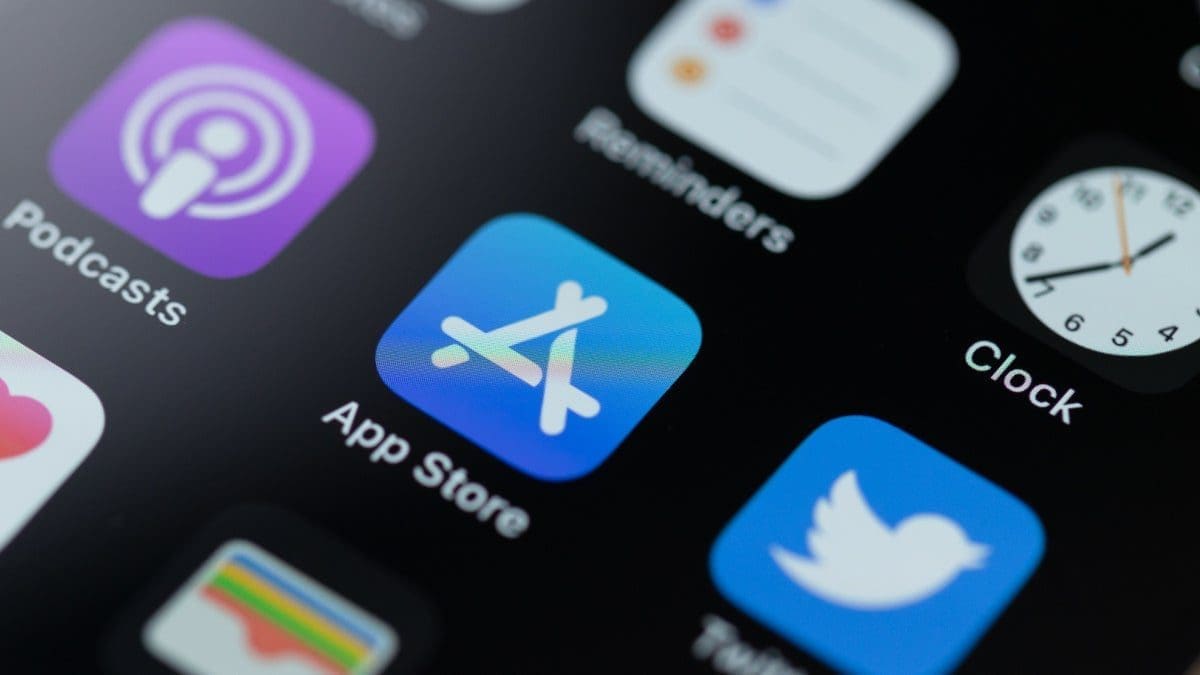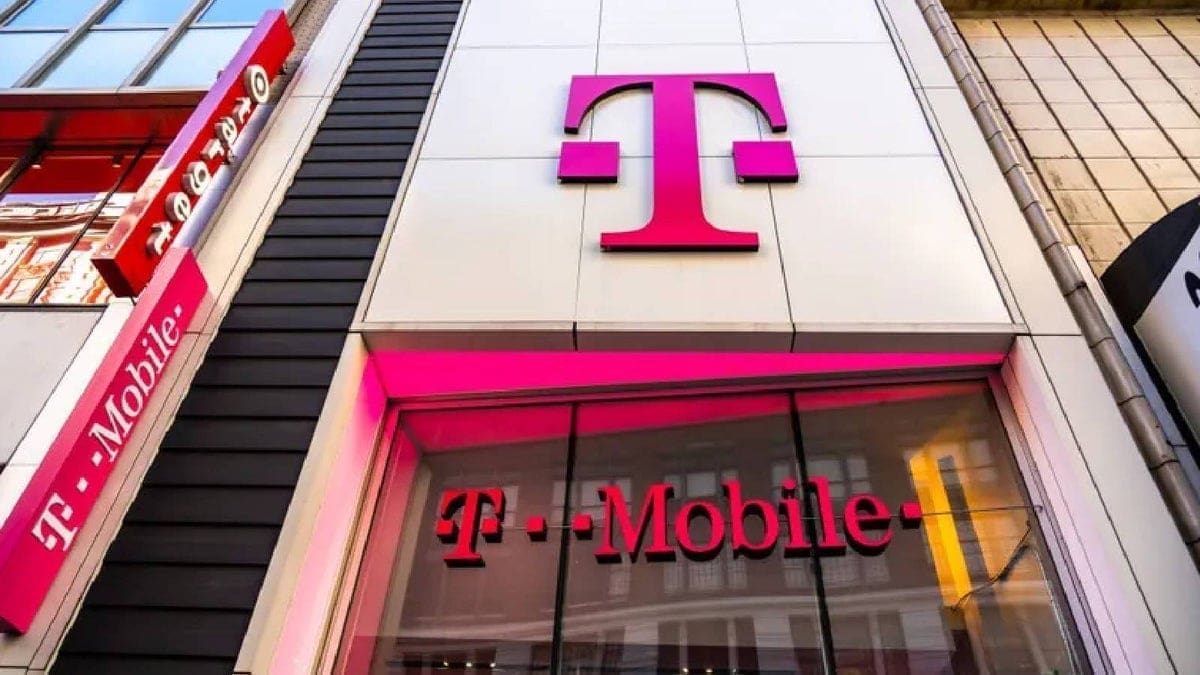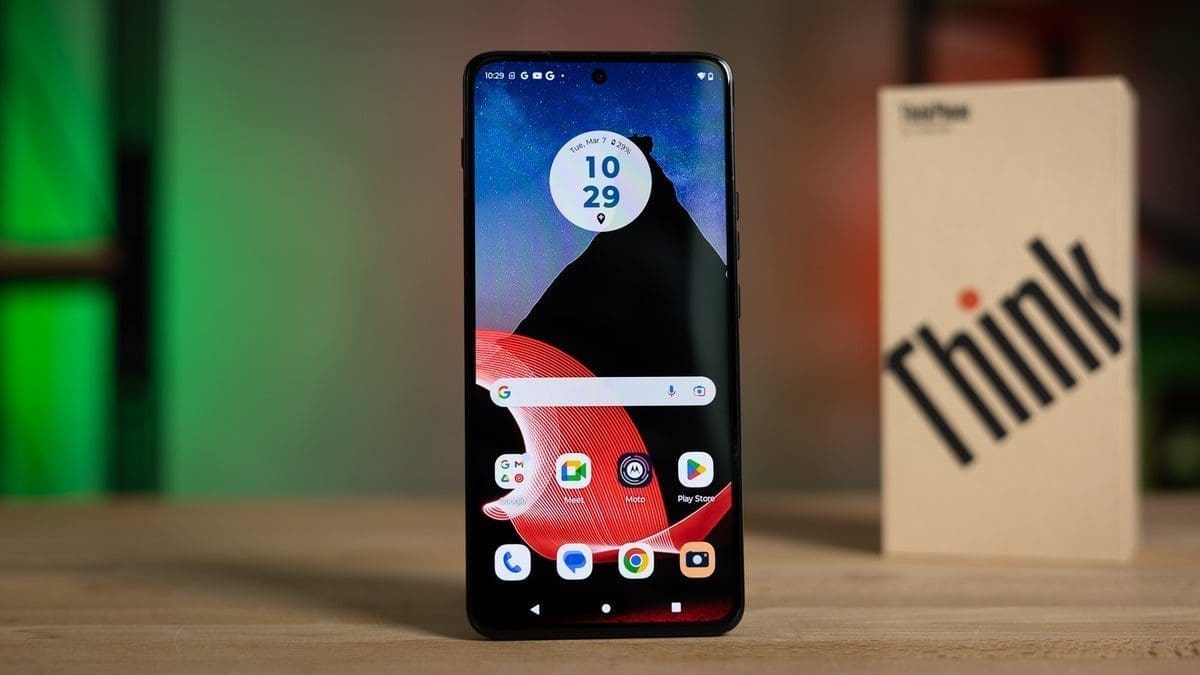In September 2021, Judge Yvonne Gonzalez Rogers made a significant ruling in the Epic v. Apple case that caught everyone’s attention. The ruling included an injunction preventing Apple from blocking developers from informing customers about alternative payment options for in-app transactions, bypassing Apple’s payment processing platform. This decision was made due to Apple taking a percentage of 15% to 30% from each transaction processed through its platform.
Apple’s Services unit, the second-largest segment after the iPhone, achieved record-breaking revenue of $23.87 billion during the fiscal second quarter ending in March. However, Judge Gonzalez Rogers raised concerns about Apple potentially complicating matters for developers when it comes to communicating payment options to App Store customers via third-party platforms.
During a four-hour testimony by Apple’s Matthew Fischer, who oversees the iPhone’s App Store, Judge Gonzalez Rogers expressed frustration and questioned whether Apple’s actions were more focused on boosting profits rather than simplifying the payment process for users.
The judge specifically asked Fischer if Apple intentionally made it difficult for customers to use alternative payment methods for apps, subscriptions, and in-app purchases. She remarked that she could only see stifling competition as a reason behind Apple’s approach. Fischer defended Apple by stating that they are following the judge’s order while ensuring user security against potential malware threats.
Interestingly, on transactions processed through third-party platforms, Apple’s commission decreases to a range of 12% to 27%, compared to the standard 15% to 30% on its platform. Despite this lower rate, Judge Gonzalez Rogers noted that Apple is still making a significant profit. Fischer mentioned that they anticipate an 18% commission on transactions completed through third-party platforms.
While some may find these details concerning, Fischer defended Apple’s stance by stating that they are operating as a business entity. This statement may not sit well with everyone, but it highlights Apple’s perspective on setting transaction rates based on their business model and operations.
Overall, this ongoing legal battle highlights the complexities within the tech industry and raises important questions about fair competition and user convenience in app transactions. It will be interesting to see how this situation unfolds and how it may impact future app development and payment practices within the mobile ecosystem.










